Hackathon Experiences
Generative AI Challenge Hackathon
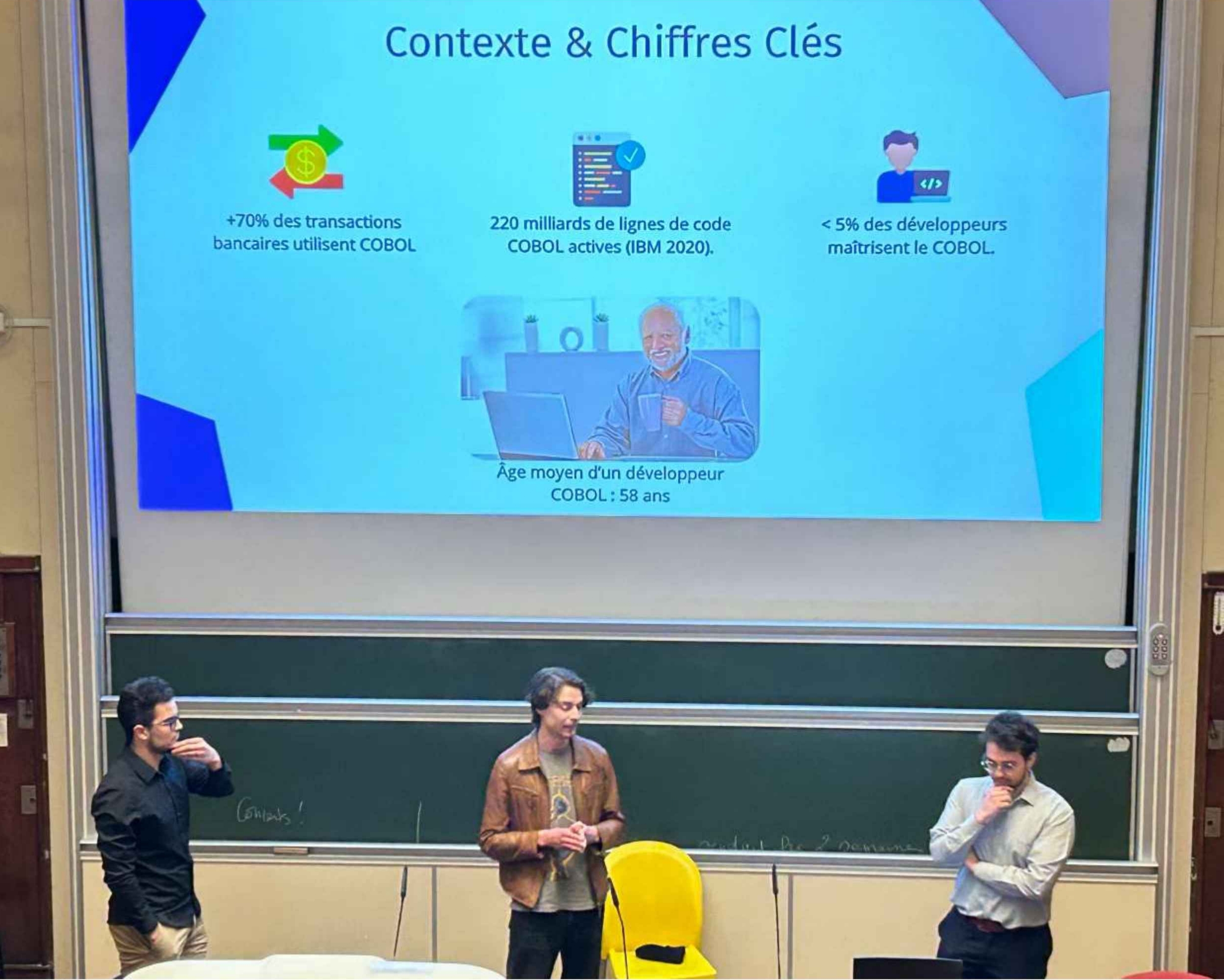
A four-day hackathon uniting Université Paris-Saclay, Paris 8, and UQAC, sponsored by six leading companies. My team (Ahmed SIDI AHMED, Nazim Keskes, Ilyes Djerfaf, and I) tackled the real-world need for automated COBOL documentation. We conducted a targeted literature review, fine-tuned a 3 B-parameter LLM for “COBOL → documentation,” and shipped a VS Code extension that auto-generates code comments and sequence diagrams.

- Outcome: Runner-up (2nd place) out of 27 teams, with detailed feedback from a 6-member jury.
- Skills gained: Rapid domain research, model fine-tuning, VS Code API integration.
AI Action Summit Hackathon
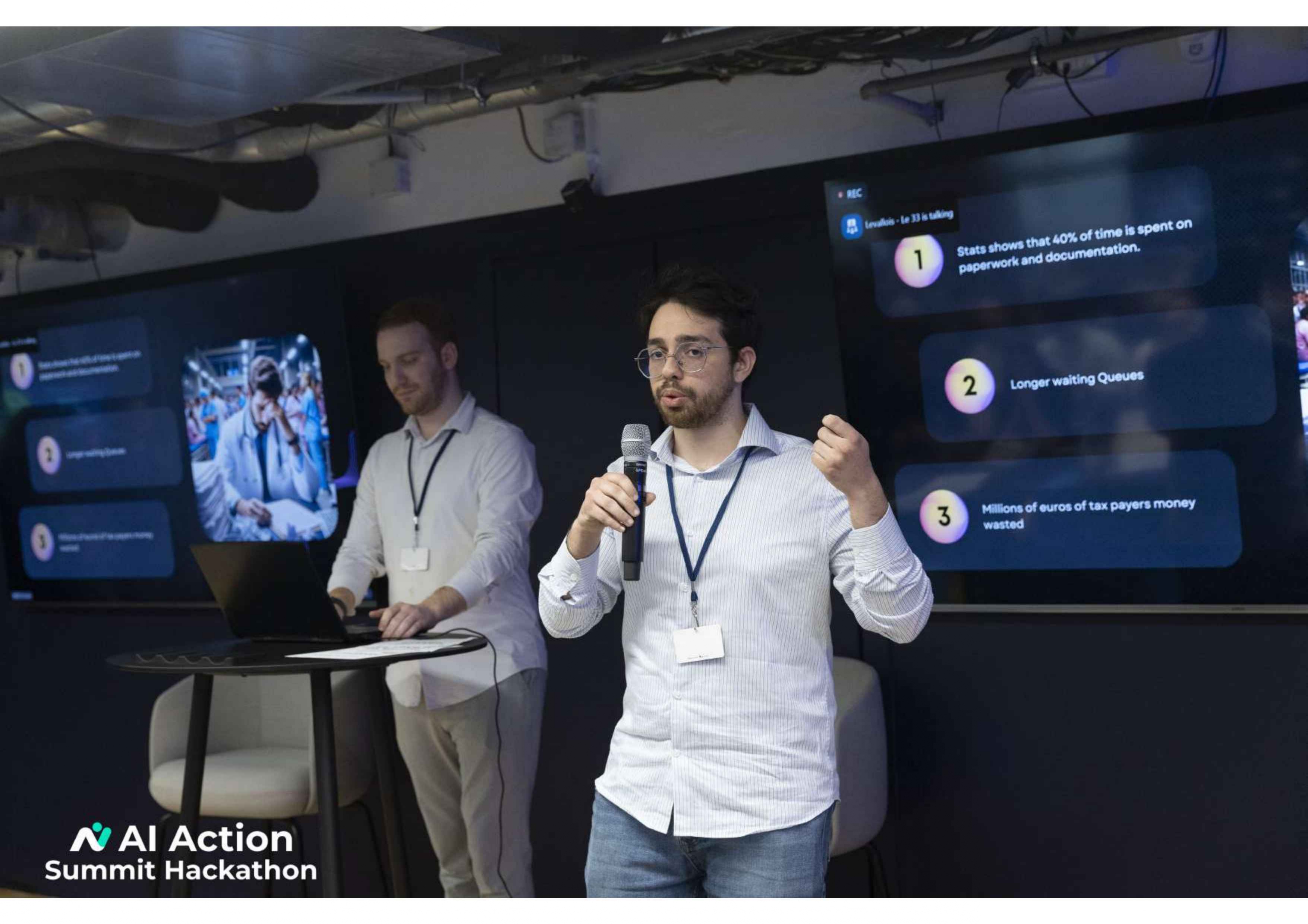
In 24 hours, Team AN2I built Medical Co-pilot, an agentic assistant for clinicians that captures consultation dialogue, suggests follow-up questions, fetches authoritative medical data, and auto-generates structured reports.
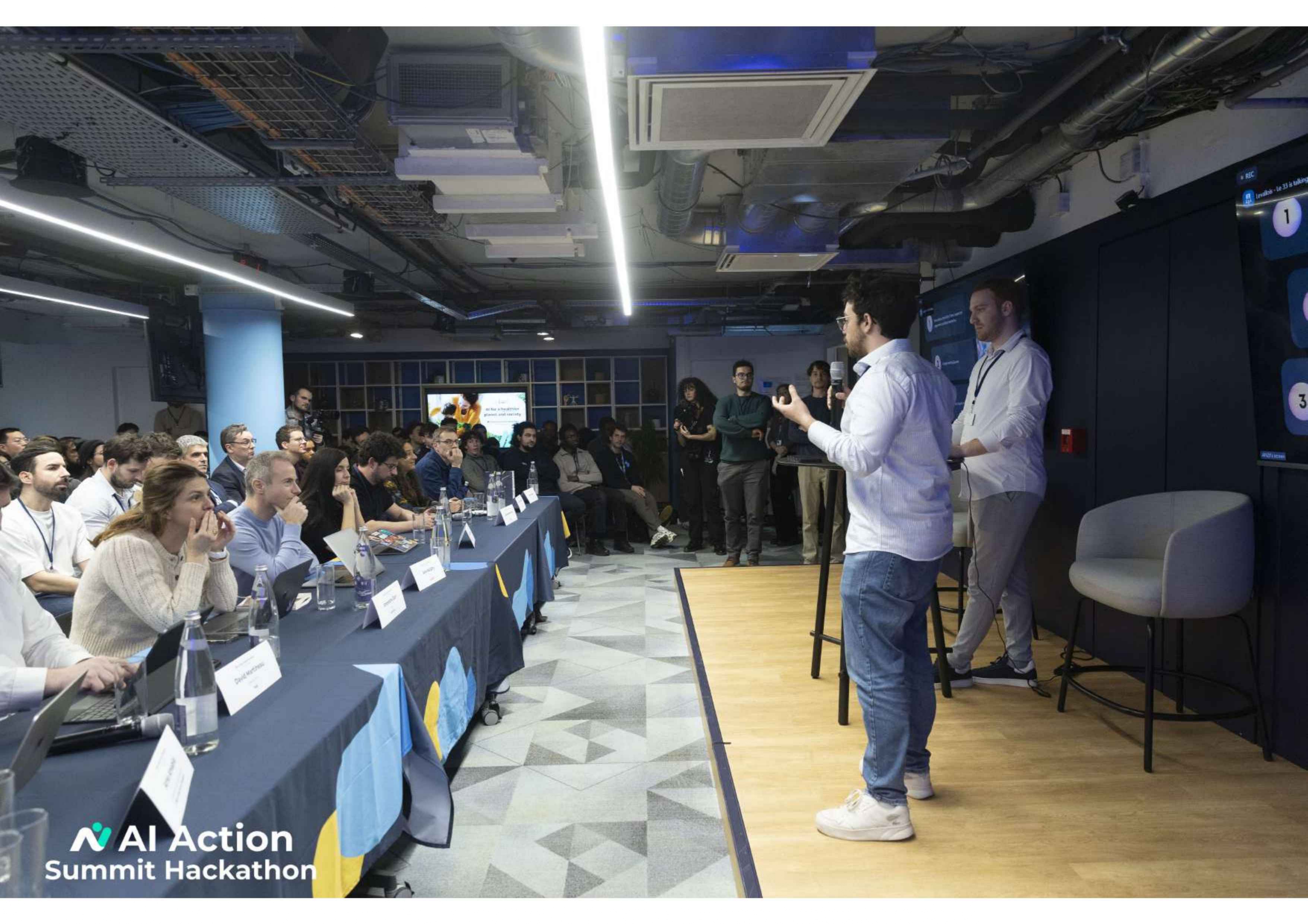
- Tech stack: Docker, Celery, UV, OpenAI SDK, Mistral API.
- Learnings: System-first design, importance of parallelization in code and workflow.
UTOPIA × Kryptosphere Agentathon
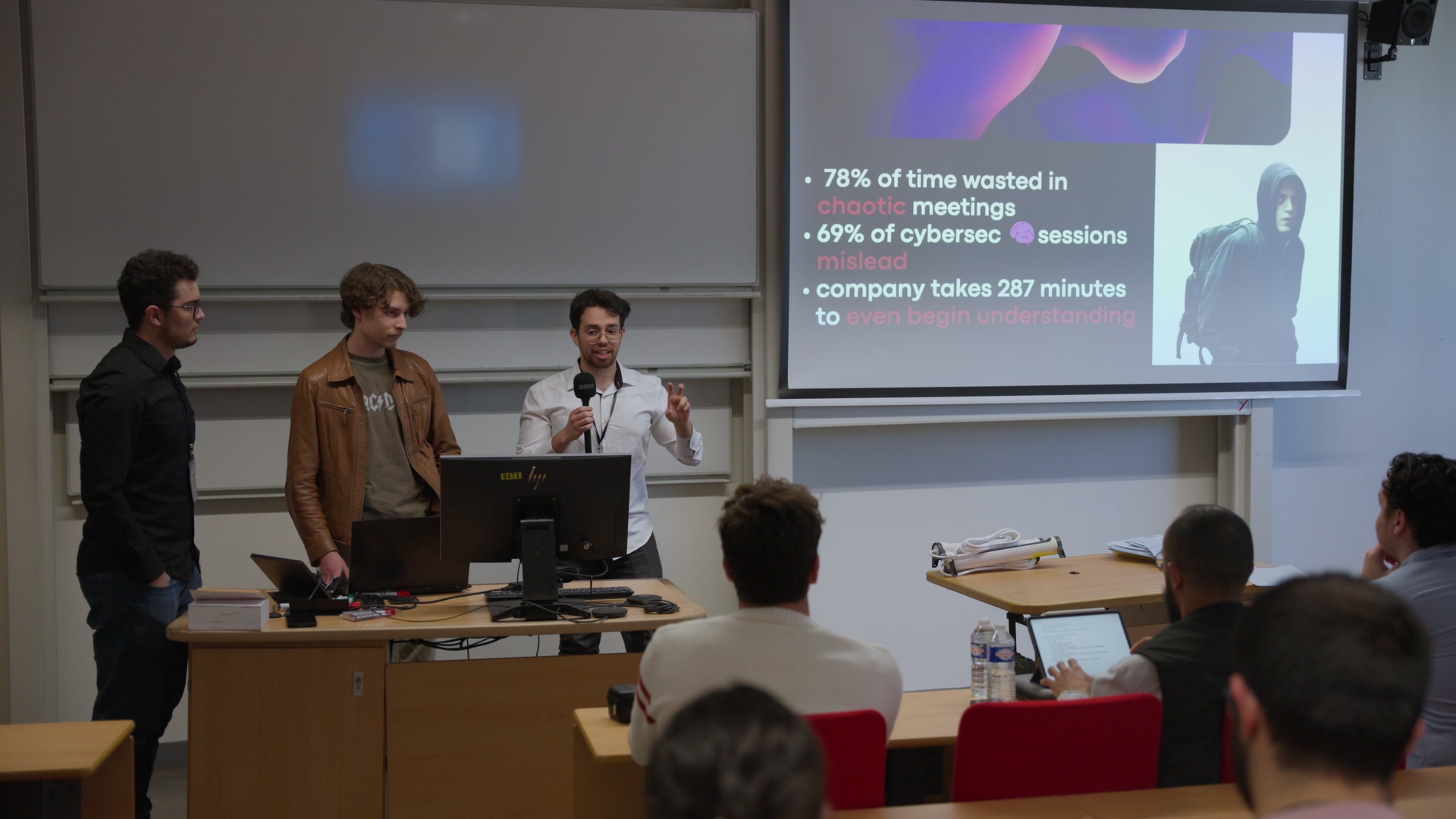
At ESSEC Cergy, we joined 36 participants to build “Sherlock,” a security-breach investigation agent. Using a React frontend, FastAPI backend, and AWS Bedrock (Claude models), Sherlock visualizes hypotheses in an interactive tree and generates detailed investigation reports.

- Features: AI-powered hypothesis generation, node expansion, plausibility marking.
- Impact: Demonstrated the power of agentic frameworks for cybersecurity.
Hardcore AI Hackathon in Berlin
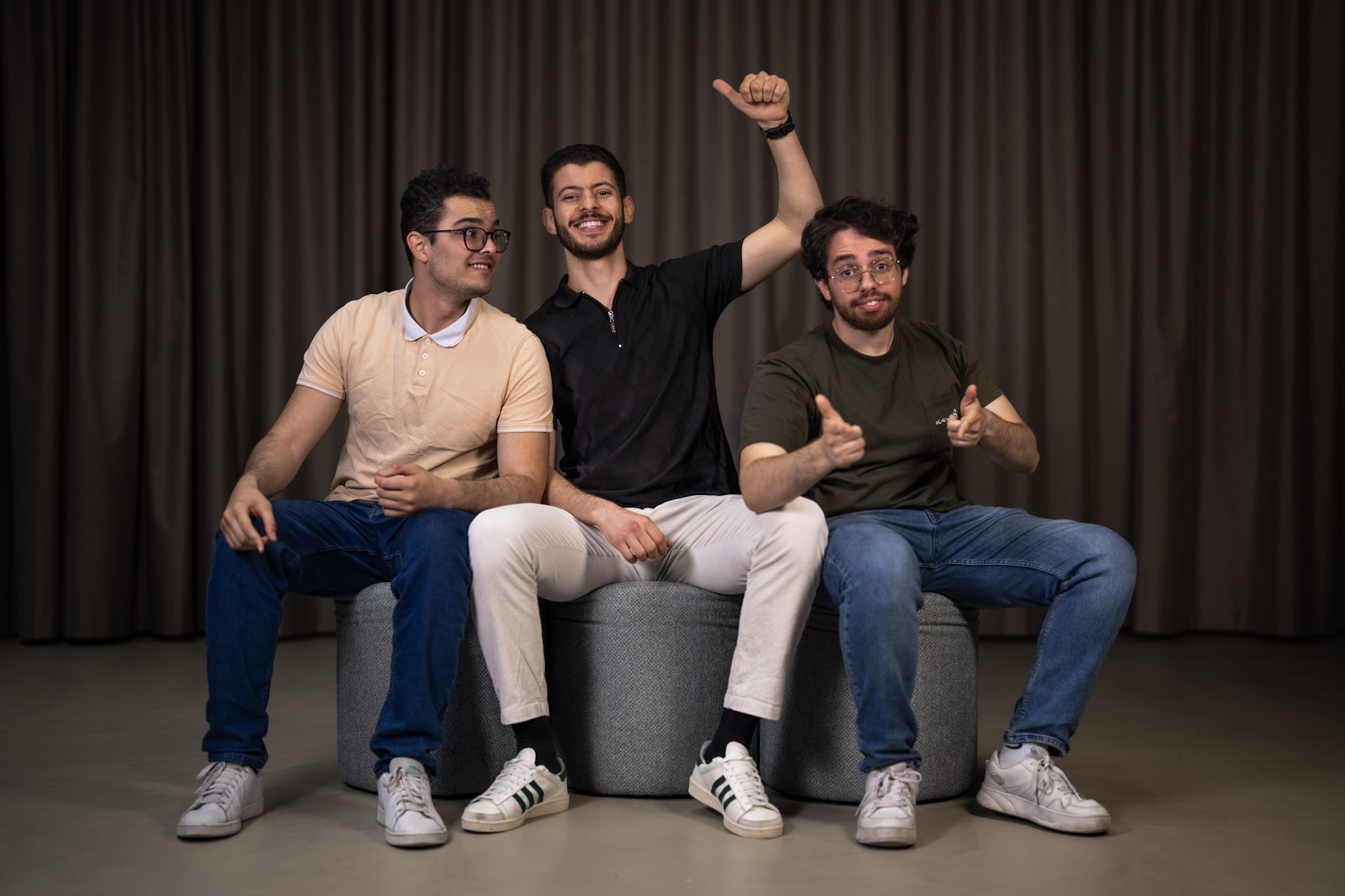
At The Delta Campus in Berlin, my team (Ahmed SIDI AHMED, Nazim Keskes, Imad KENAI, Ilyes Djerfaf, and I) dove into SEMRON’s Software Challenge: optimizing neural networks under binary hashing constraints. Over 24 hours, we focused on compressing layers to balance memory efficiency with inference accuracy.
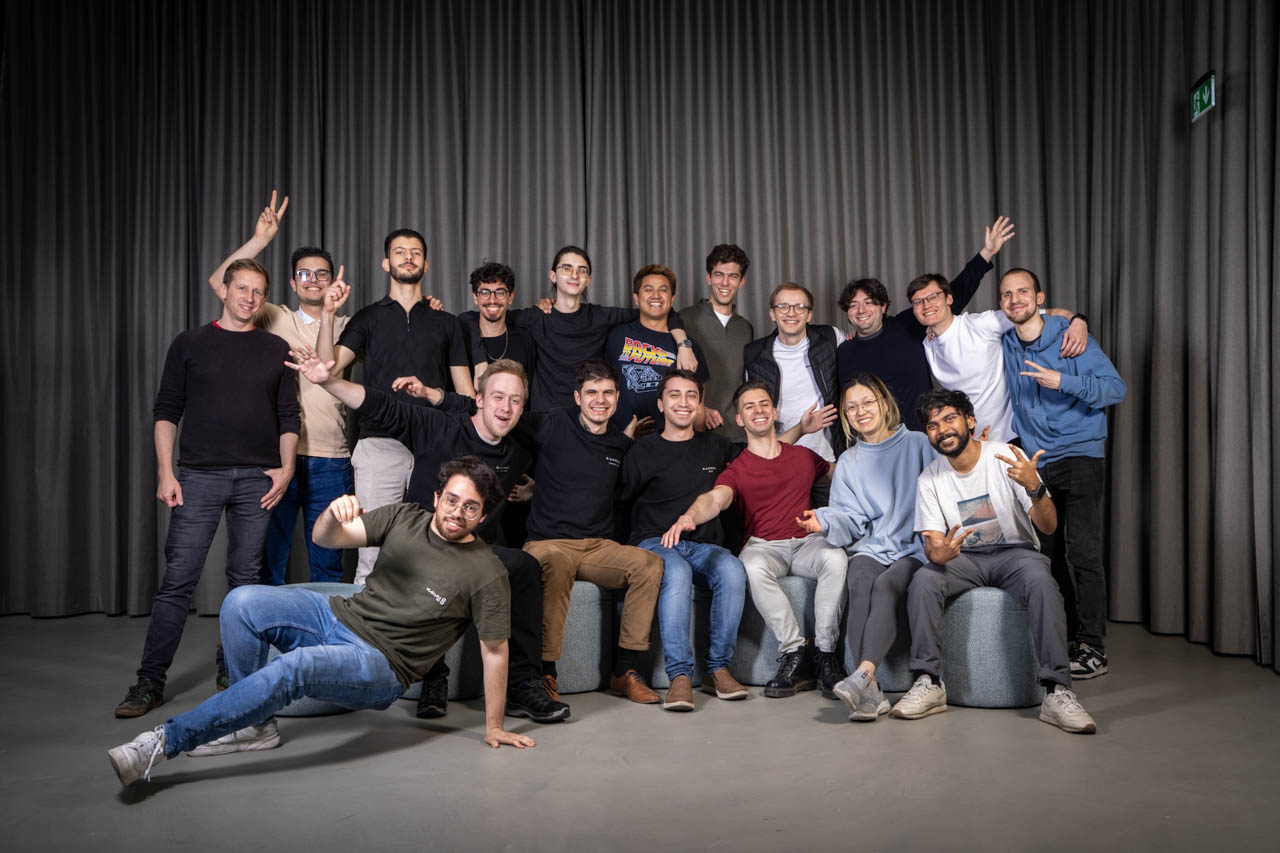
- Outcome: 🏆 1st place out of 100+ participants, achieving top scores for both compression ratio and retained accuracy.
- Skills gained: Neural network quantization, binary hashing techniques, large-scale GPU orchestration using dstack and RunPod.
- Key moments:
- Guidance from SEMRON’s Alexander Lowa and Tilmann Bartsch on hardware-aware model design.
- Strategic resource management—midnight CUDA debugging sessions powered by RunPod credits.
- Real-time trade-off analysis between model size and inference latency.
- Shoutouts:
- Gustaw Malinowski’s energy—his team won the hardware track.
- Luan Wei’s insights on research workflows.
- Bernadetta Nycz’s UI/UX tips for presenting results.
- Reza Hedeshi’s VC perspective on scalable AI infrastructure.